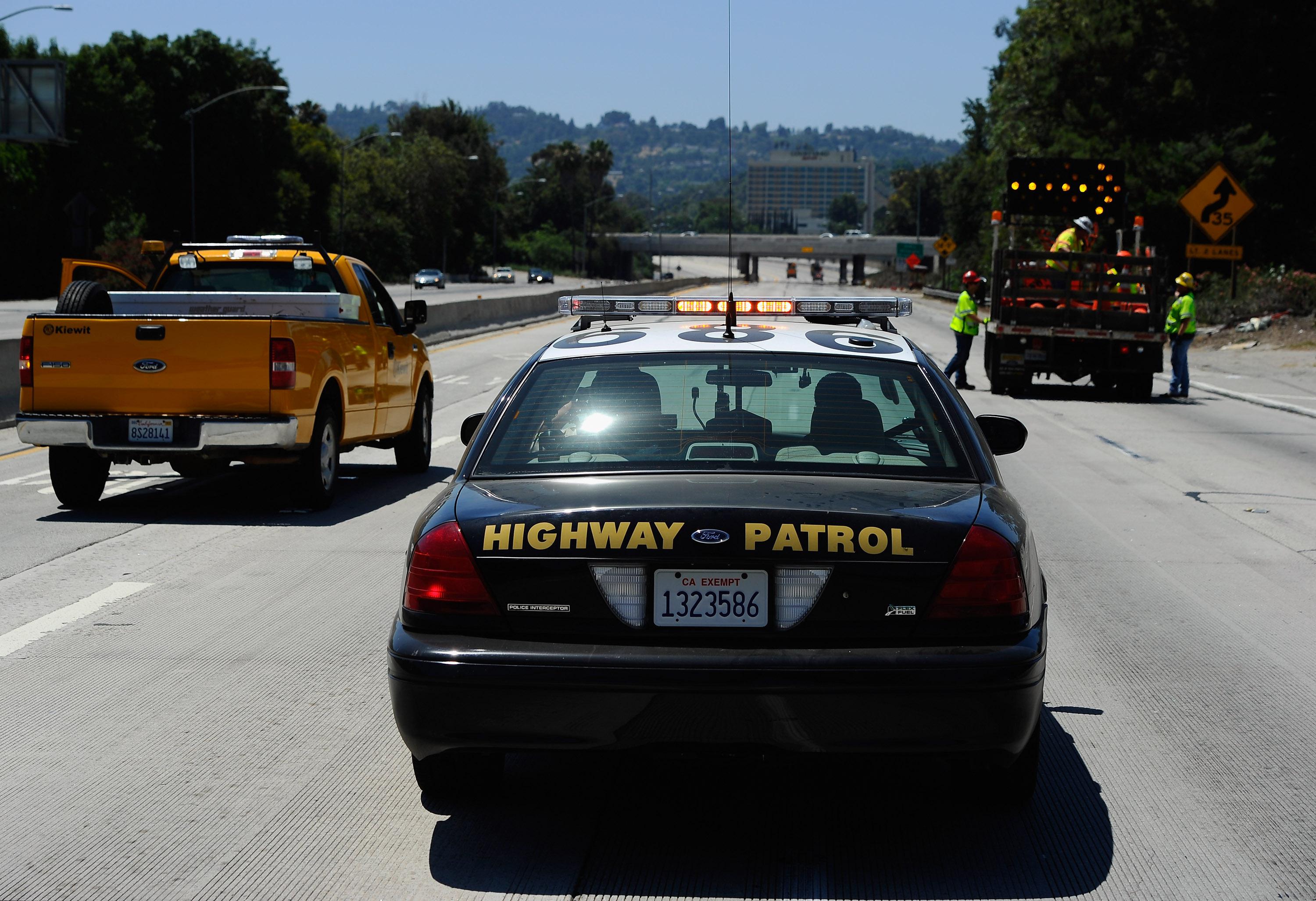On Aug. 29, officers with the California Highway Patrol stopped a 23-year-old driver in a Bay Area suburb on suspicion of driving while drunk. The woman’s blood alcohol level registered more than three times the legal limit, and she was arrested and brought to the Martinez County jail for processing. Five days after her release, the Contra Costa Times reports, the woman was tooling around on her iPad when she discovered that explicit photographs of herself had been forwarded to an unknown number while she had been sitting, deviceless, in jail. CHP officer Sam Harrington later admitted that he had seized the woman’s confiscated phone, searched it for nude photographs, sent five of them to his own phone, then forwarded some along to two fellow officers. Harrington had attempted to erase the evidence on the woman’s cellphone, but her synced iPad revealed the trail.
According to court documents obtained by Matthais Gafni and Malaika Fraley of the Contra Costa Times, Harrington described the behavior to investigators as a “game” he had learned in the CHP’s Los Angeles office. Officers across the state play along, passing around naked photographs along with disgusting commentary about the women they pick up. Sometimes, the material is sent to civilians, too. Harrington said that he’d done the same thing a “half dozen” times over the past few years. In a second known incident, this September, Harrington scoured a DUI suspect’s phone while she was receiving X-rays for her injuries and sent bikini shots to another officer. He replied: “No fucking nudes?”
Since uncovering the scheme, Gafni has detailed similar incidents in police stations across the country, none of which have produced criminal charges against the cops. In Houston in 2005, two patrolmen were fired after picking up a DUI suspect, downloading nude photographs from her phone, and showing the pictures to other officers and attorneys. In May, a Long Island woman sued New York City, alleging that when she was locked up last year, her arresting officer forwarded 25 photographs and videos from her phone to his. When she reported the incident to police, they asked her to call the officer to confront him in a recorded conversation; he flirted and told her “not to worry” about the pictures. The officer remains on duty while he awaits a disciplinary hearing. And in 2011, a police corporal in Morgan Hill, California, confiscated the phone of a woman who had been arrested on suspicion of public intoxication, found a nude photo, and uploaded it to the suspect’s own Facebook account. After claiming that she had uploaded the photograph on accident, the corporal was demoted, but not fired.
In cases of cybercrime, victims are often told that local police forces lack the training to investigate incidents that unspool online, or else are too ignorant of the technology involved to even understand them. These episodes show that plenty of police officers have the technological knowhow to commit the offenses themselves, and, in fact, their supposed ignorance of technology can be proffered as an excuse to cover for their acts. (How exactly do you upload a naked photograph to another person’s Facebook account “on accident”?) An attorney for the woman in Morgan Hill told the Contra Costa Times that his client’s case reveals that “Officers are not being appropriately trained.” He added: “They’re acting like a bunch of junior high students.” I’m not sure it’s training that’s needed. Proper technological understanding is essential for police officers to investigate the full range of offenses committed in their jurisdictions. But it won’t stop a police culture that dismisses online crimes against women, including when the offender is one of their own.
